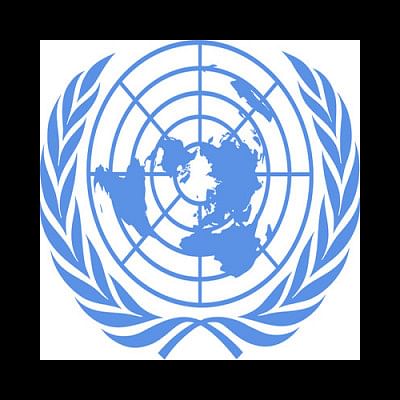Stop erosion of democracy, UN urges govts

UN rights experts, speaking ahead of the International Day of Democracy, have deplored the increasing erosion of democracy as a result of repressive policies in some countries but also by virtue of the increasing influence of vested interests at the expense of the public will.
The Independent Expert on the promotion of a democratic and equitable international order, Alfred de Zayas, and the Special Rapporteur on the rights to freedom of peaceful assembly and of association, Maina Kiai made the call urging the governments across the world to stop erosion of democracy.
They said democracy should not be reduced to an empty word; it is self-determination in action, and a necessary instrument for securing a more peaceful, just and stable world and civil society is a key partner to achieve this noble goal, according to a message received here from Geneva on Friday.
"We therefore call upon Member States to ensure greater space for civil society, so that they may take their rightful place as key players in democracy," they said.
This year's theme for the International Day of Democracy is space for civil society. The United Nations and all Special Procedures mandate holders endorse this necessary and achievable goal.
But democracy today has become an over-used word, invoked even by tyrants. A country does not become democratic simply by holding elections, it said.
What matters most is what happens between those elections: Can people speak out, engage and influence the leaders they have elected? Is there a correlation between the needs and will of the people and the policies that affect them? Can people peacefully assemble when other ways of expressing their grievances fail? Is peaceful dissent tolerated and encouraged to flourish, so that the marketplace of ideas is not monopolized by one group?
"On International Day of Democracy 2015, we call on States to recognize that civil society space is the vehicle that allows this to happen. Indeed, it is essential for a true democracy," it said.
Unfortunately, space for civil society is shrinking rapidly today, both in countries with no democratic tradition and in ostensibly democratic countries, the UN experts observed.
They said there is a growing disconnect between elected officials and the people. "We see this disconnect manifested in the recent surge of large protest movements throughout the world. People perceive a failure of governance and democracy, and protest is often their last resort in making themselves heard. Increasingly, governments are responding to this type of dissent with more repression, distorting the concept of democracy beyond recognition."
The UN experts said civil society must reclaim its rightful place by demanding genuine participation in governance, including decisions on peace initiatives, environmental protection and trade and investment agreements.
"Fast-tracking legislation or treaties, enacted without consulting stakeholders and without responsible debate is unacceptable in a democracy."
They said democracy is much more than a label. 'Representative democracy' can only be called democratic when and if 'representatives' actually represent their constituencies by pro-actively consulting with them and facilitating their participation in decision-making, thus making the goal of greater space for civil society meaningful.

 For all latest news, follow The Daily Star's Google News channel.
For all latest news, follow The Daily Star's Google News channel. 



Comments